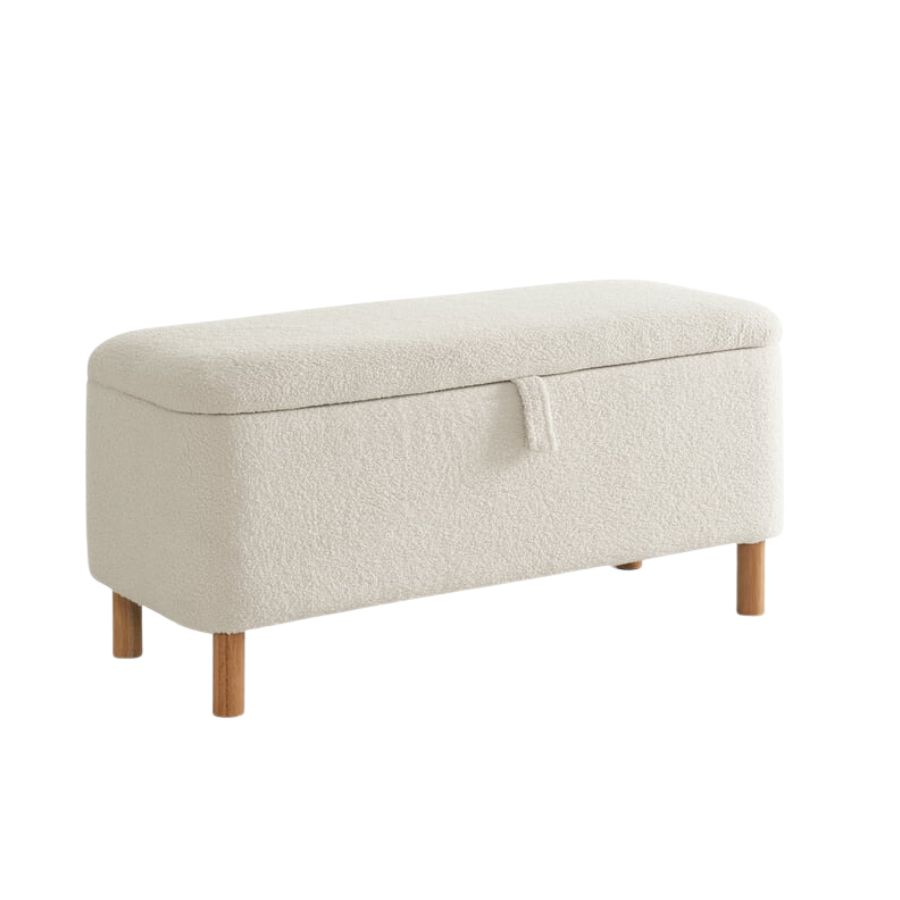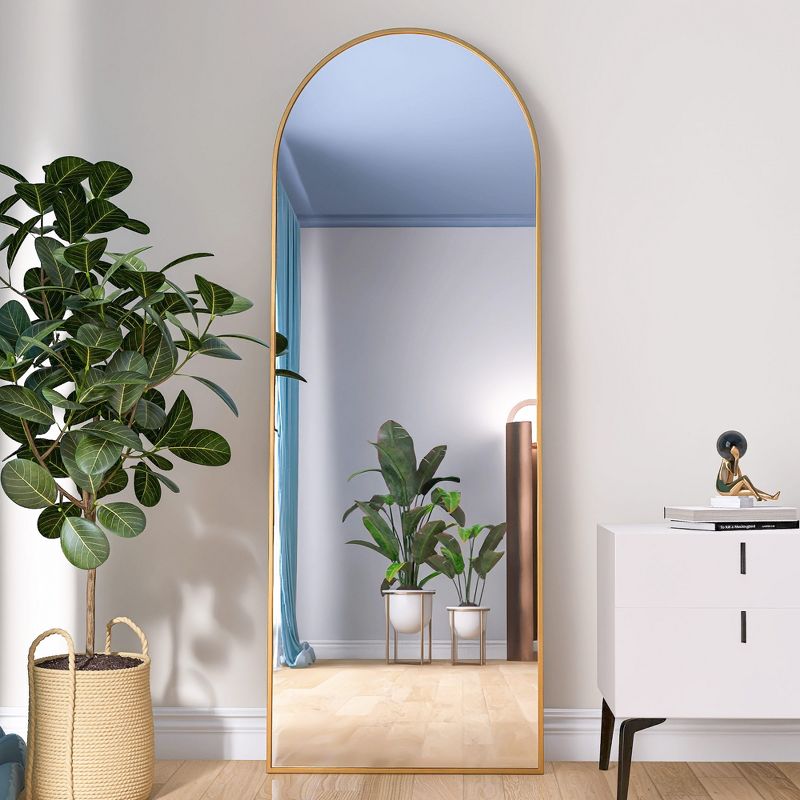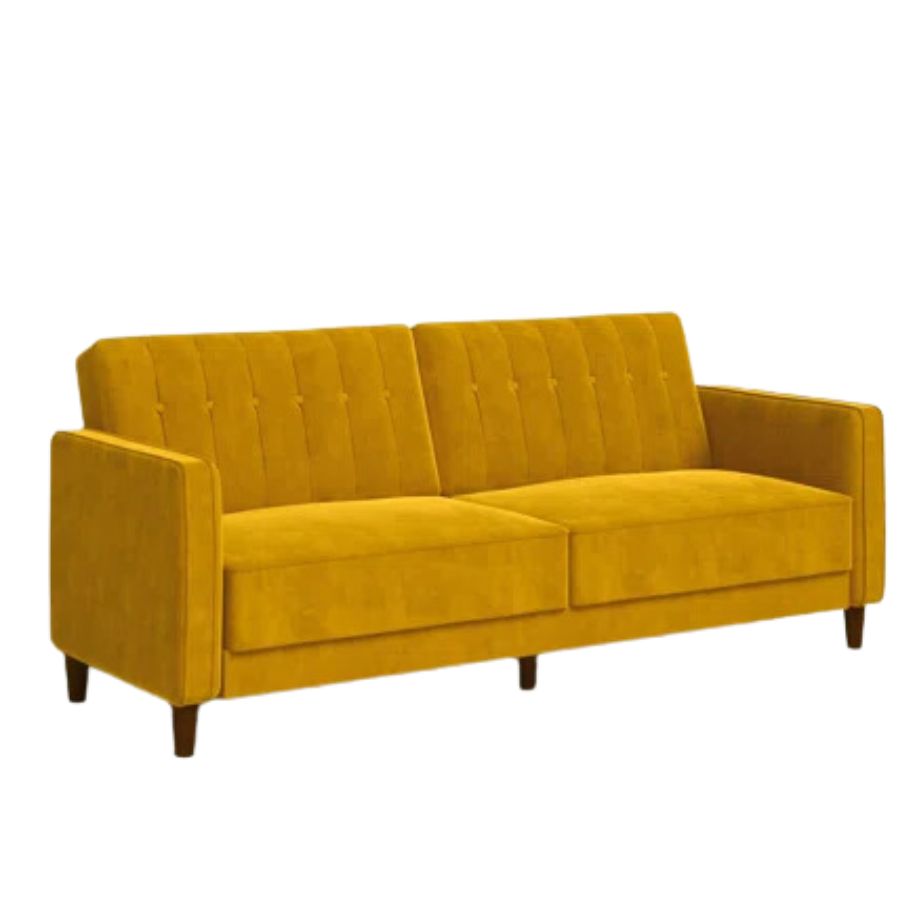5 Things People With Small Homes That are Easy to Live in Never Ever Have in Them
We've spoken to the experts who warn of the 5 things people with well-functioning small homes never have, so you can avoid them too
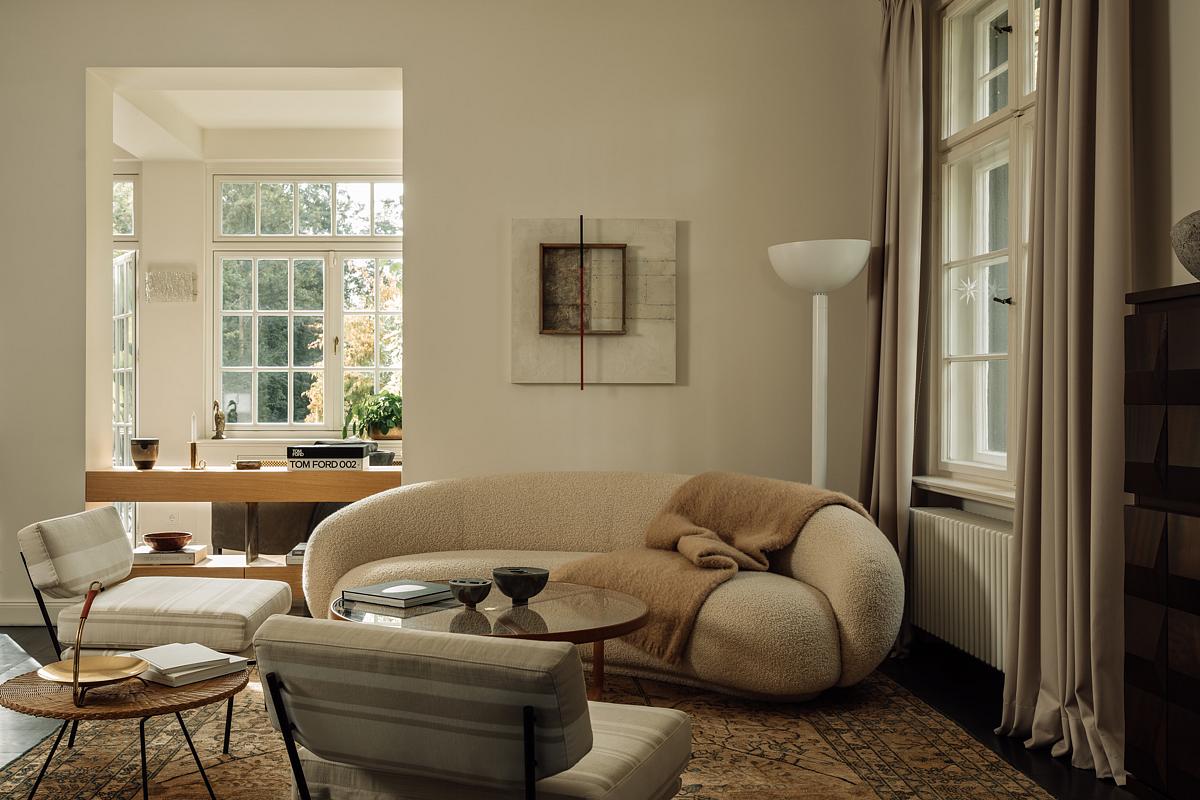

Small-space living presents certain challenges that bigger homes don't come with. In some ways, homes or apartments with a tight footprint require more careful consideration. You've got to think outside the box when it comes to storage, layout, and organization, and failure to do so can leave you with a home that feels cramped, cluttered, and unorganized. So how can we make sure we're organizing the space correctly?
It all comes down to making the space you have all the more efficient. When decorating small spaces, you'll always benefit from clever storage, furniture, and a smart layout that makes the space easier to navigate. Plan your home to the smallest detail and you'll be left with a seamless space that flows and works perfectly. To help you out, we've spoken to the experts who warn of the five things people with well-functioning small homes never have, so you can avoid them too.
1. Single function furniture
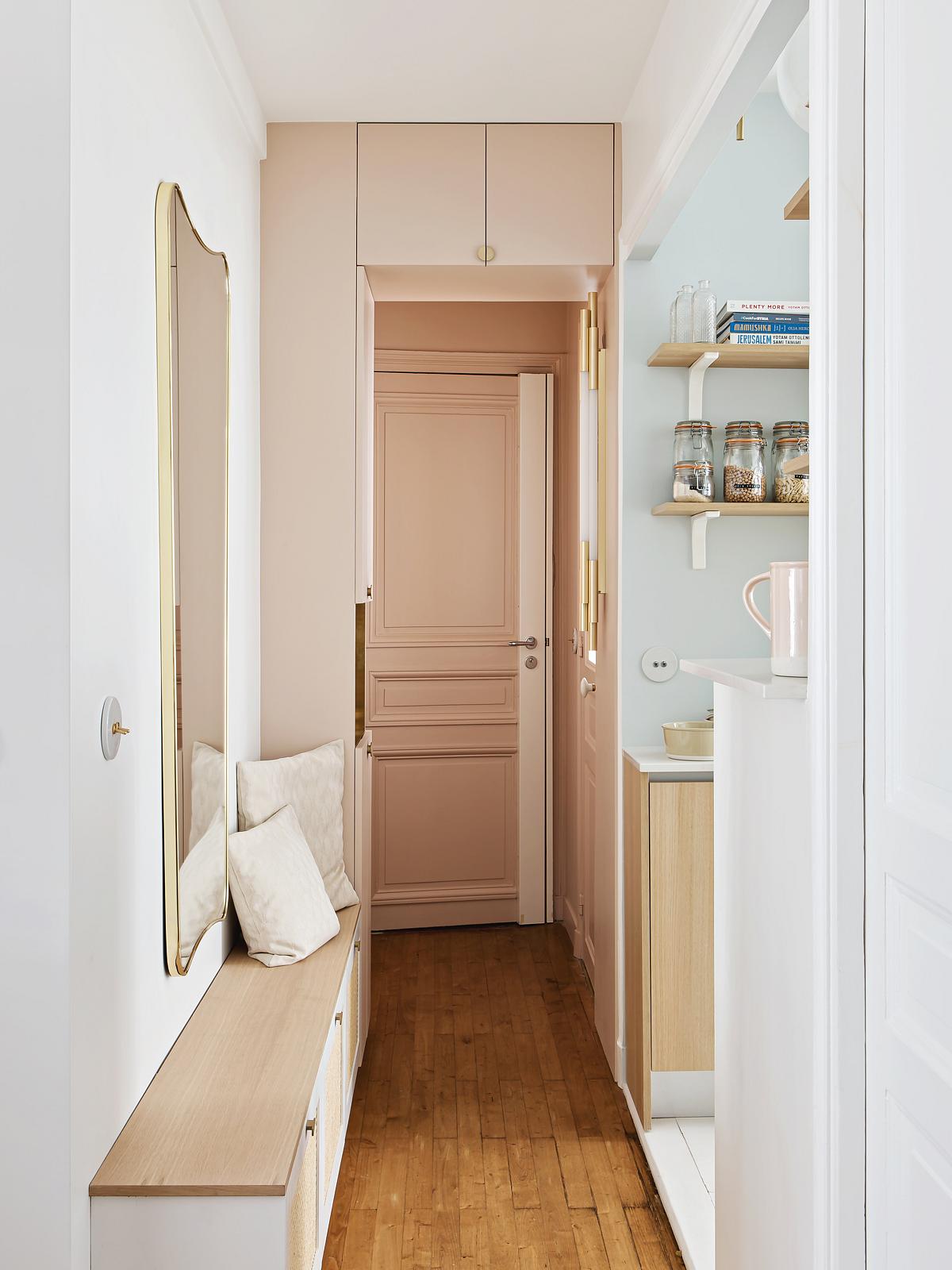
Homeowners with well-functioning small homes will make sure not to invest in furniture with only one function. Instead, it's wise to rely on versatile pieces that maximize space.
'Multi-functional furniture truly shines in constrained spaces,' says Artem Kropovinsky, founder of New York-based Arsight. From dual-aspect sofas to furniture that conceals hidden storage like banquette seating that doubles up as a storage bench, if you have a small space, don't waste your time with furniture that only serves one purpose.
'Consider beds with integrated storage drawers or ottomans that double up as seating, storage, and even table surfaces,' recommends Artem. 'Such versatile pieces not only optimize space but also keep things tidy.'
'Using transformable multifunctional furniture is essential,' agrees interior designer, Anna Popov. 'We really should look at our fellow Europeans for inspiration. Their strategy includes items like sofa beds, folding tables, and nesting chairs that can serve multiple purposes and be easily stored when not in use.
2. Rooms that only serve one purpose
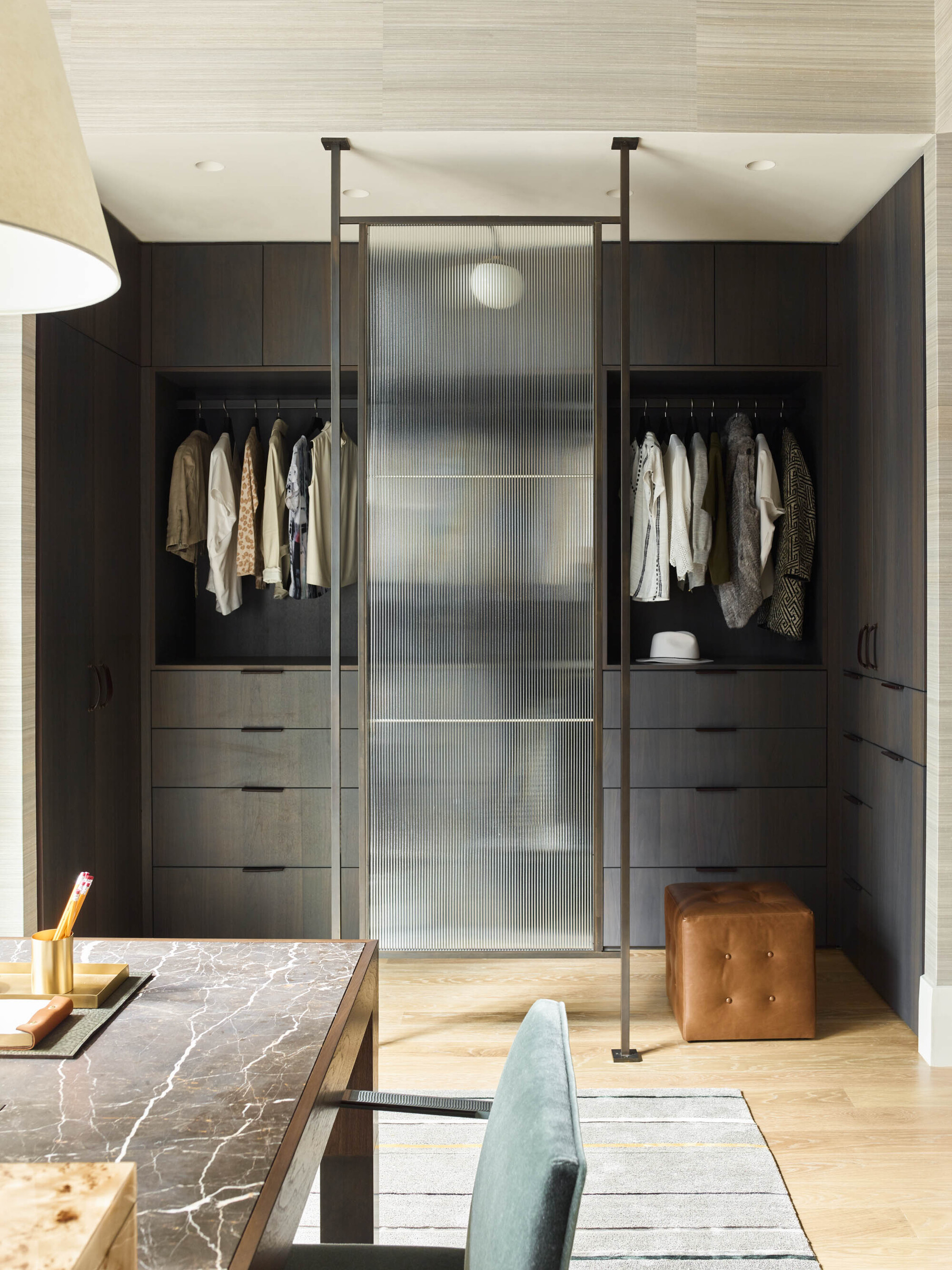
Just as our small apartment furniture should serve more than one purpose, it's crucial that rooms can easily evolve to fit our needs too. In smaller apartments and homes, our kitchens must easily transform into dining rooms or spaces for hosting, and our spare bedrooms must evolve into offices at the drop of a hat.
'Our projects are mainly New York-based, where it’s always relevant to have an elastic notion of what a given space can be,' says Kevin Dumas, founder of Dumais Interiors. 'No matter the scale of the home you’re working with.'
In this example, Dumais Interiors has taken what would be a small room and converted it into a hybrid home office and dressing room. 'We used custom millwork for storage and glass partitions to delineate space,' says Kevin. The storage design neatly housed both clothing and office items in a way that made sense. 'The key is to think about how people actually use both spaces,' says Kevin.
3. Single-height storage
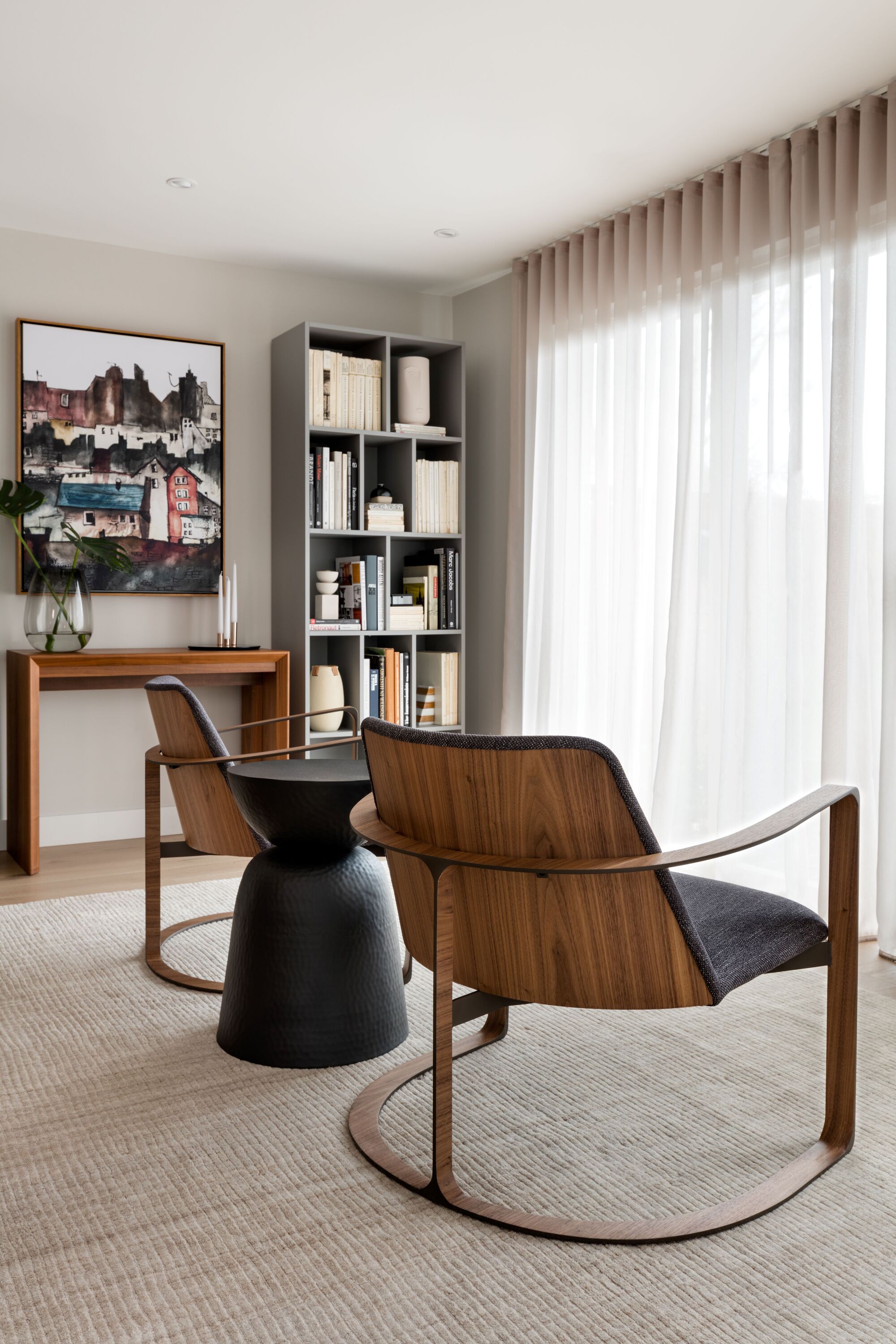
Savvy homeowners with well-functioning small homes always use their wall space to their advantage and don't rely on single-height living room storage. 'High-reaching shelves, desks that attach to walls, and suspended storage solutions can guide the gaze upwards, expanding perceived roominess and providing more storage spots,' says Artem.
'When thinking about impactful strategies for small homes, it's first all about implementing smart storage and organization systems,' adds interior designer, Anna Popov. 'This involves utilizing vertical space with wall-mounted shelves and investing in multi-tiered organizers for closets and cabinets.
'Additionally, using hooks, racks, and baskets can help to keep items organized, freeing up valuable space.'
In this room, you can see all the above tactics in action. The custom shelves provide ample storage and frame a slim console table that doubles as a workspace. However, when the need arises to host a dinner party, the slim console seamlessly transforms into a large dining table capable of seating up to 12 people. Neatly stored folding chairs are brought out, transforming the space from an office/library/den into a full-scale dining room.
4. Furniture without a focus

You might assume that petite furniture is the answer for tiny spaces, and sometimes, they do provide a solution (think loveseats that fit snugly into that cozy corner alcove of your living room, or small ottomans instead of accent chairs that provide additional seating).
But we recommend selecting pieces that give the room a focus. Just because your home is small doesn't mean your living room furniture needs to be. Going larger than you think can have the reverse result of making the space feel bigger than a smattering of small options. 'A handful of larger, well-chosen items can give a room a more intentional design feel than an assortment of minuscule pieces,' says Artem.
'A generously sized bed with storage options, paired with a prominent mirror, often bestows a sense of grandeur that multiple tiny items can't.'
5. Rooms without mirrors
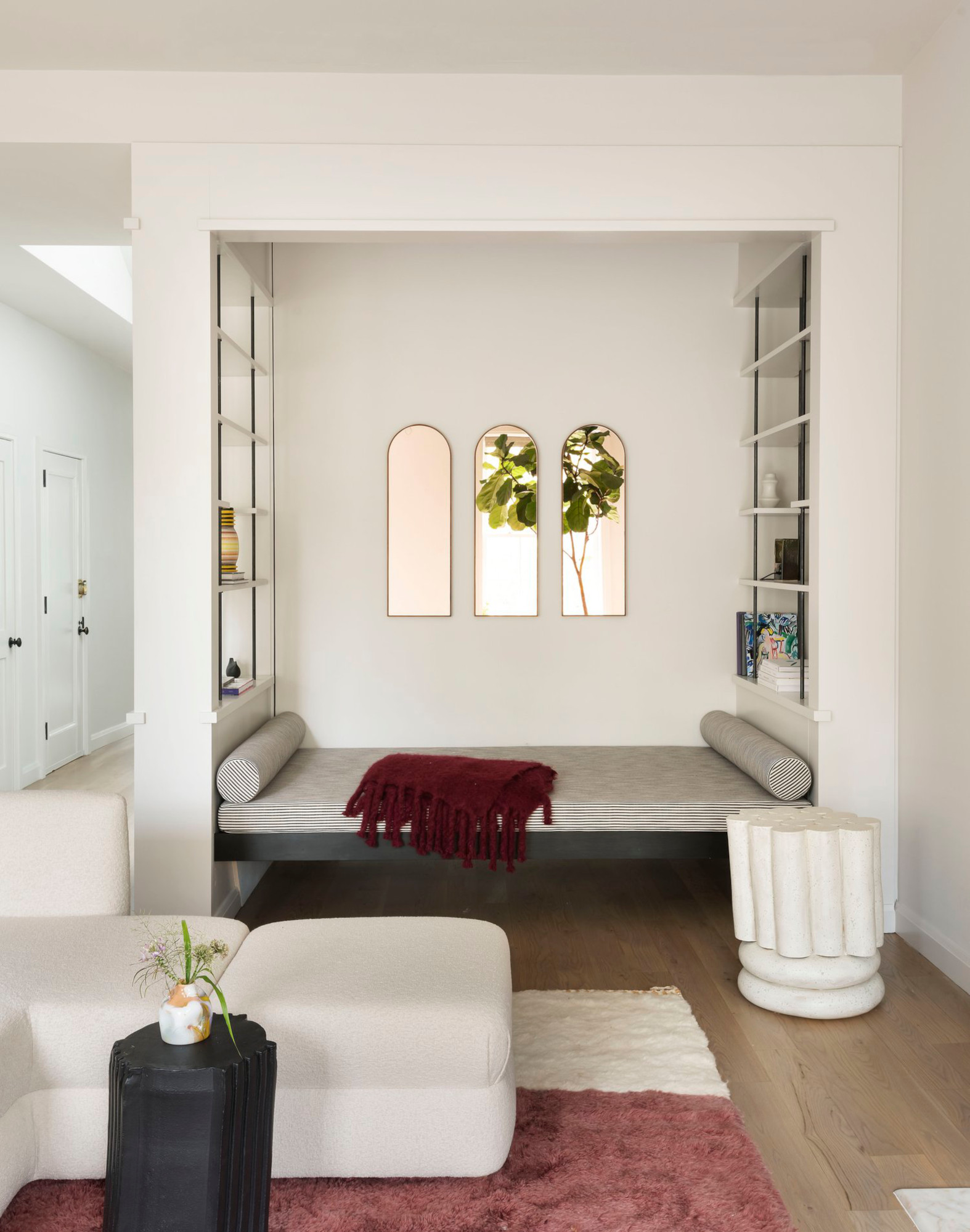
Finally, the best small spaces are never lacking in mirrors. They are such a simple, budget-friendly investment that can make all the difference, cleverly manipulating the natural light and helping a small living room feel bigger.
If you position your mirror carefully and perpendicular to a window, you can magnify the space, adding an abundance of space. Other materials that react well with light should also be embraced - think acrylic and glass for extra sheen.
Be The First To Know
The Livingetc newsletters are your inside source for what’s shaping interiors now - and what’s next. Discover trend forecasts, smart style ideas, and curated shopping inspiration that brings design to life. Subscribe today and stay ahead of the curve.

Former content editor at Livingetc.com, Oonagh is an expert at spotting the interior trends that are making waves in the design world. She has written a mix of everything from home tours to news, long-form features to design idea pieces, as well as having frequently been featured in the monthly print magazine. She is the go-to for design advice in the home. Previously, she worked on a London property title, producing long-read interiors features, style pages and conducting interviews with a range of famous faces from the UK interiors scene, from Kit Kemp to Robert Kime. In doing so, she has developed a keen interest in London's historical architecture and the city's distinct tastemakers paving the way in the world of interiors.
